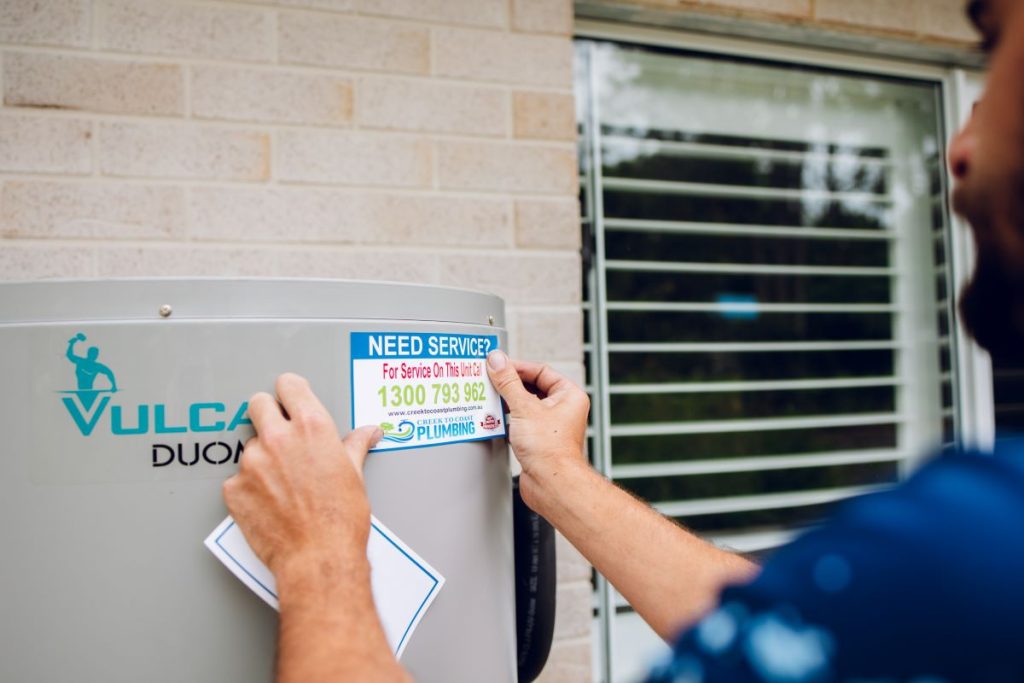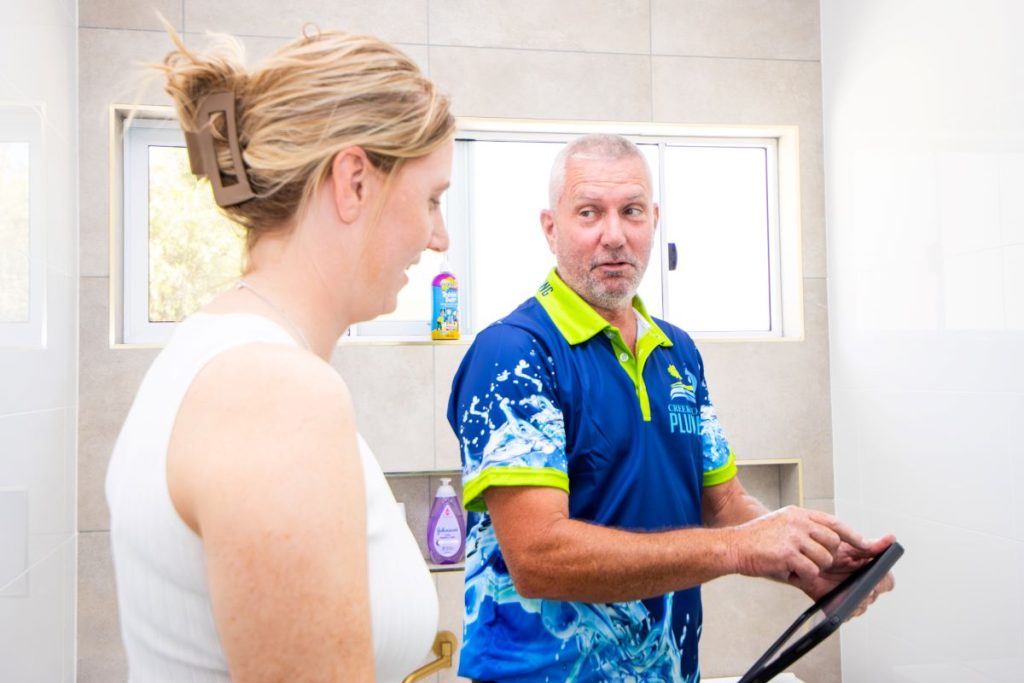Hot water systems play a crucial role in ensuring your home consistently has access to hot water whenever you need it. Just like any other household appliances, these systems have a finite lifespan and will eventually require replacement. Recognizing the early signs that indicate your hot water system is nearing the end of its life can save you from unpleasant scenarios, including cold showers, potential water damage, and expensive emergency repairs. These disruptions can greatly affect your daily comfort and routine, making it essential to stay informed about your system’s health.
What is the average lifespan of your hot water system? The lifespan of these systems can vary significantly based on the type you own and the degree of maintenance provided. By conducting regular inspections and ensuring proper care for your hot water system, you can notably extend its operational life and maintain consistent performance. This proactive approach ultimately enhances your user experience and satisfaction with the system.
Let’s delve deeper into the specifics to provide you with a clearer understanding of what you can expect.

Explore the Lifespan and Maintenance Requirements of Different Hot Water Systems
Here’s what you can generally expect regarding the lifespan and performance of the most common hot water systems found in Queensland homes:
Electric Storage Hot Water Systems
- Average Lifespan: 8–12 years
- Common Reasons for Failure: Typical issues include internal corrosion, worn-out anode rods, and sediment buildup that can significantly impair performance and efficiency over time.
- Indicators to Watch For: Pay close attention to signs such as rusty or discolored water, leaks around the base of the unit, or slower heating times, as these may indicate serious underlying problems that require prompt attention.
Gas Storage Hot Water Systems
- Average Lifespan: 8–12 years
- Common Reasons for Failure: These systems may experience similar issues to electric models; however, they can fail sooner, particularly when exposed to corrosive salty coastal air that accelerates deterioration.
- Indicators to Watch For: Remain vigilant for issues such as pilot light problems, unusually low water temperatures, or unexpectedly high gas bills, which may signal inefficiency and the potential for failures.
Instant Gas Hot Water Systems (Continuous Flow)
- Average Lifespan: 10–15 years
- Reasons for Longevity: These systems do not have a storage tank, which drastically reduces the risk of corrosion that can lead to failures over time, making them a highly reliable choice.
- Indicators to Watch For: Look out for fluctuations in water temperature, ignition failures, or a noticeable decline in water flow rate, as these may signal a need for professional servicing.
Electric Instant Hot Water Systems
- Average Lifespan: 10–15 years
- Common Issues: Failures in these systems often stem from malfunctioning heating elements or thermostats, which can compromise their overall performance and efficiency.
- Warning Signs: Be alert for water temperature fluctuations or longer-than-usual heating times, as these can indicate underlying issues necessitating immediate attention.
Heat Pump Hot Water Systems
- Average Lifespan: 10–15 years
- Efficiency Ratings: These systems are known for high energy efficiency; however, their performance can be sensitive to climate conditions and the specific location of installation, affecting overall effectiveness.
- Signs of Potential Issues: Watch for abnormal operations, such as louder than usual sounds, prolonged heating cycles, or increasing energy bills, indicating a need for inspection and potential service.
Solar Hot Water Systems
- Average Lifespan: 15–20+ years for solar panels, 8–12 years for the storage tank
- Important Note: Typically, the storage tanks tend to wear out before the solar collectors, which can adversely affect the overall performance and efficiency of the system.
- Indicators to Watch For: Be aware if the water fails to heat on cloudy days or if you notice rusty water or problems with booster operations, as these may indicate necessary maintenance.

Recognize the Early Warning Signs of a Failing Hot Water System
Even before your hot water system reaches its expected lifespan, it may start to show early warning signs indicating it is under stress. These concerning symptoms can include:
- Fluctuating Temperatures
If your water takes longer to heat up or runs out more quickly than in the past, this may signal underlying issues that warrant further investigation. - Rusty or Discolored Water
This often indicates corrosion within the tank or a deteriorating anode rod, both of which require immediate attention to prevent further damage and ensure safe operation. - Unusual Noises
Popping, gurgling, or banging sounds during the heating cycle frequently suggest sediment buildup inside the tank, which can impact efficiency and lead to costly repairs if not addressed promptly. - Leaks or Pooling Water
Even a minor leak can indicate that your tank may be developing cracks or that the valves are beginning to fail, necessitating prompt inspection and possible replacement. - Higher Energy Bills
An aging unit often struggles to produce the same amount of hot water, causing it to work harder and resulting in higher energy costs that can strain your household budget.
How Do Seasonal Changes Impact Hot Water System Efficiency?
In Queensland, the shift from warm to cooler months can pose significant challenges for older hot water systems. As outdoor temperatures drop, these systems must exert greater effort to maintain the desired water temperature, and those nearing the end of their operational lifespan may experience complete failure during this critical period, leading to major inconvenience and discomfort.
When is the Right Time to Consider Replacing Your Hot Water System?
If your system exhibits any of the following characteristics, it may be time to contemplate a replacement:
- Over 10 years old
- Frequently experiencing breakdowns that disrupt your daily routine
- Failing to consistently meet your household’s hot water demands
- Exhibiting visible signs of wear or corrosion that necessitate attention
If you identify these indicators, it could be the right moment for an upgrade that ensures reliability and enhanced performance.
At Creek to Coast Plumbing, we don’t just replace your unit; we thoroughly evaluate various factors such as your family size, water usage habits, energy preferences, and the layout of your property. This comprehensive assessment allows us to recommend the most efficient and cost-effective hot water system tailored to your individual needs.

Essential Tips for Choosing the Perfect Hot Water System for Your Home
Based on your individual needs and household requirements, our expert team may recommend:
- Electric or Gas Storage systems, valued for their reliability and cost-effectiveness, making them suitable for traditional family homes.
- Continuous Flow (Instant) systems, ideal for smaller homes or households with lower hot water consumption, providing convenience without excess energy usage.
- Heat Pumps, which offer substantial energy savings, particularly beneficial in warmer climates and for environmentally conscious consumers.
- Solar Hot Water systems designed for long-term cost savings and environmental sustainability, promoting a greener lifestyle through renewable energy sources.
Additionally, we assess whether the current location of your hot water system is optimal or if relocating it could enhance performance and overall efficiency, ensuring that you make the best decision for your home.
Capitalize on the Opportunity for a Hot Water System Upgrade
Replacing your hot water system at the appropriate time is not just about preventing system failure; it also presents a valuable opportunity to upgrade to a more reliable, energy-efficient model that aligns better with your lifestyle and needs, ultimately leading to significant long-term savings.
If your unit is displaying signs of aging or if you are uncertain about which system is ideal for your home, the licensed plumbers at Creek to Coast Plumbing are here to provide you with expert assistance tailored to your specific situation, helping you make an informed and confident decision.
The Article: Hot Water System Lifespan: A Guide for Queensland Homes first appeared on https://writebuff.com
The Article Hot Water System Lifespan Guide for Queensland Homes Was Found On https://limitsofstrategy.com
The Article Hot Water System Lifespan for Queensland Homes Explained First Appeared ON
: https://ad4sc.com





No responses yet